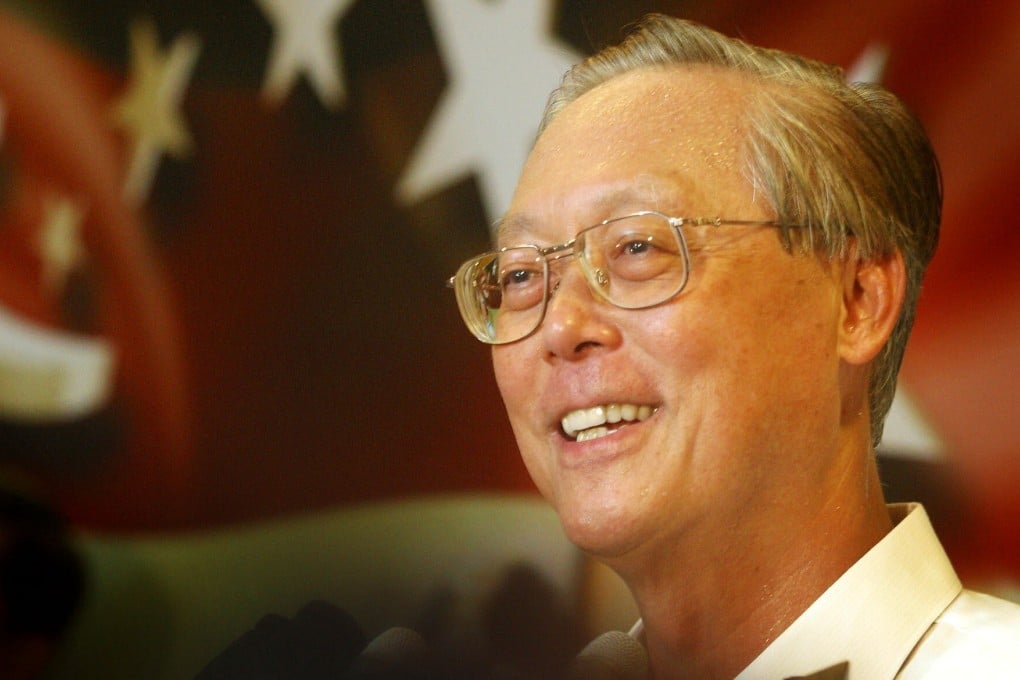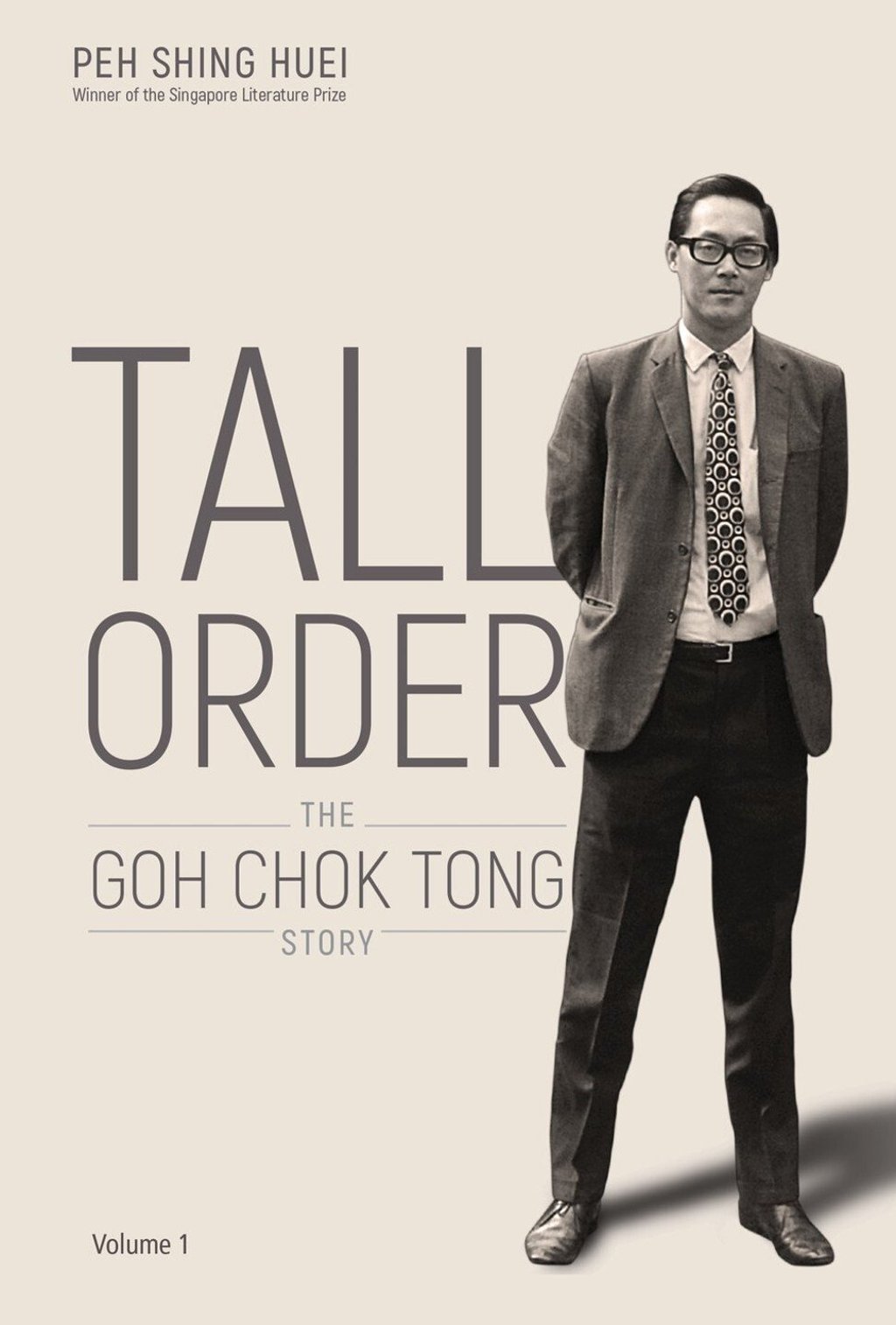Advertisement
On telling China’s Jiang Zemin to slow down, ‘saving’ ex-premier Li Peng and midnight golf with Bill Clinton – former Singapore PM Goh Chok Tong reveals details in new book
- In the second instalment of Goh’s biography, he shares how personal encounters with the likes of Bill Clinton and Jiang Zemin helped to smooth bilateral ties
- Goh, who took over from founding leader Lee Kuan Yew in 1990, introduced some of Singapore’s most controversial policies while expanding its stature globally
Reading Time:9 minutes
Why you can trust SCMP

Standing Tall: The Goh Chok Tong years is the second part of former Singapore prime minister Goh Chok Tong’s biography.
Goh took over from founding leader Lee Kuan Yew in 1990 and as the book puts it, many – from within and outside the country – wondered aloud if the country would survive without Lee at the helm.
Goh led Singapore for 14 years before handing over to current leader Lee Hsien Loong, and was known for introducing some of the country’s most controversial policies while expanding Singapore’s stature globally.
Advertisement
Standing Tall, written by Singaporean author and journalist Peh Shing Huei, is available on Amazon.com and in major bookstores across Asia. Here are excerpts of the book and selected Q&A with Goh.
Chapter 13: Ichigo Ichie
[The chapter begins with Washington’s displeasure with Singapore over the caning of American teenager Michael Fay for vandalism in the city state in 1994. Singapore was concerned about the impact on bilateral defence, economic, cultural and political relations and Goh was thinking of what to do. Help came from businessman and former Arkansas state senator Joe T. Ford, who told US leader Bill Clinton that Goh had been trying to get a meeting with him.]
Advertisement
Select Voice
Choose your listening speed
Get through articles 2x faster
1.25x
250 WPM
Slow
Average
Fast
1.25x
